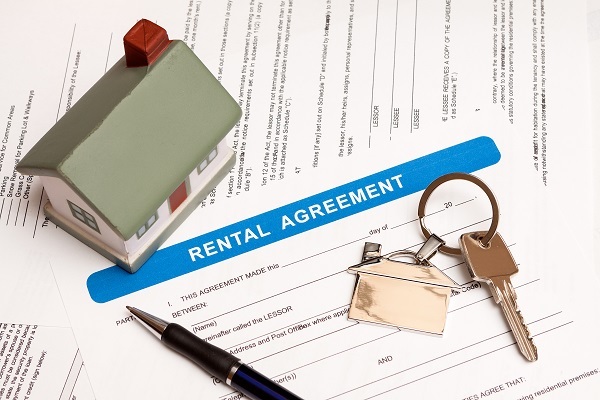
If you are a landlord—with one or many properties—it is probably important to you that you rent your space out to a tenant you feel good about. Often, this just means signing a lease with an individual or family you find to be considerate and responsible, and capable of taking good care of the property—as well as paying the rent each month. You might even look for a tenant you have something in common with, whether something as simple as a favorite sports team or the high school they went to if they are local.
Any type of discrimination could get you in hot water though, in accordance with the federal Fair Housing Act of 1968 and the federal Fair Housing Act Amendments Act of 1988. When you decide to list a home or an apartment, the closest you may get in choosing who can or cannot rent your place is whether they smoke inside or own pets that would be living on the premises. It is also illegal to eyeball a potential tenant and then tell them the place is rented if that is not truly the case, but rather just an excuse to make them go away.
Basically, common sense should apply: anything discriminatory is prohibited by the federal Fair Housing Acts in terms of renting a home—or selling one. This includes placing advertisements that detail preferences for certain races or those who practice a certain religion—or barring those who do not fit a specific profile. Although you may have no intention of discriminating against any tenant, proofread any advertisements carefully to make sure you are not making it sound as though one type of individual would be happier there than another. Catering to couples–the ones without children—can be considered discriminatory also, as you cannot prohibit families.
All who apply should be treated equally regarding terms of the lease. This includes deposits; for example, if someone looks unappealing, it is illegal to require a higher security deposit from them or present them with a lease that has stricter policies regarding items such as late payments and more. Each bedroom should be expected to house two people, so be careful about setting occupancy limits.
As you proceed forward in the rental process, keep a detailed record of everyone who asks about the property. Even if they do not follow through to look, note phone calls, details of the conversation, and anything that could be helpful later. You should also continue to keep thorough records once you have rented your home or apartment. Once a party has moved in, they cannot be evicted due to reasons which are discriminatory in nature.
If you act in good faith, keep good records, and follow the laws outlined in the Fair Housing Acts, you should have no problems—aside from the usual headaches of maintenance and repairs and finding new tenants when the previous ones decide to move on. It may seem overwhelming at times to keep up with all the rules, but do not let that keep you from evicting tenants who may be in serious violation of their lease.
Do you need help with a landlord/tenant issue? Call Shane Coons now at 949-333-0900 or email us at Shane.Coons@seclawoffices.com. We can review your case, answer your questions, and help you decide how to move forward. We are here to help!
